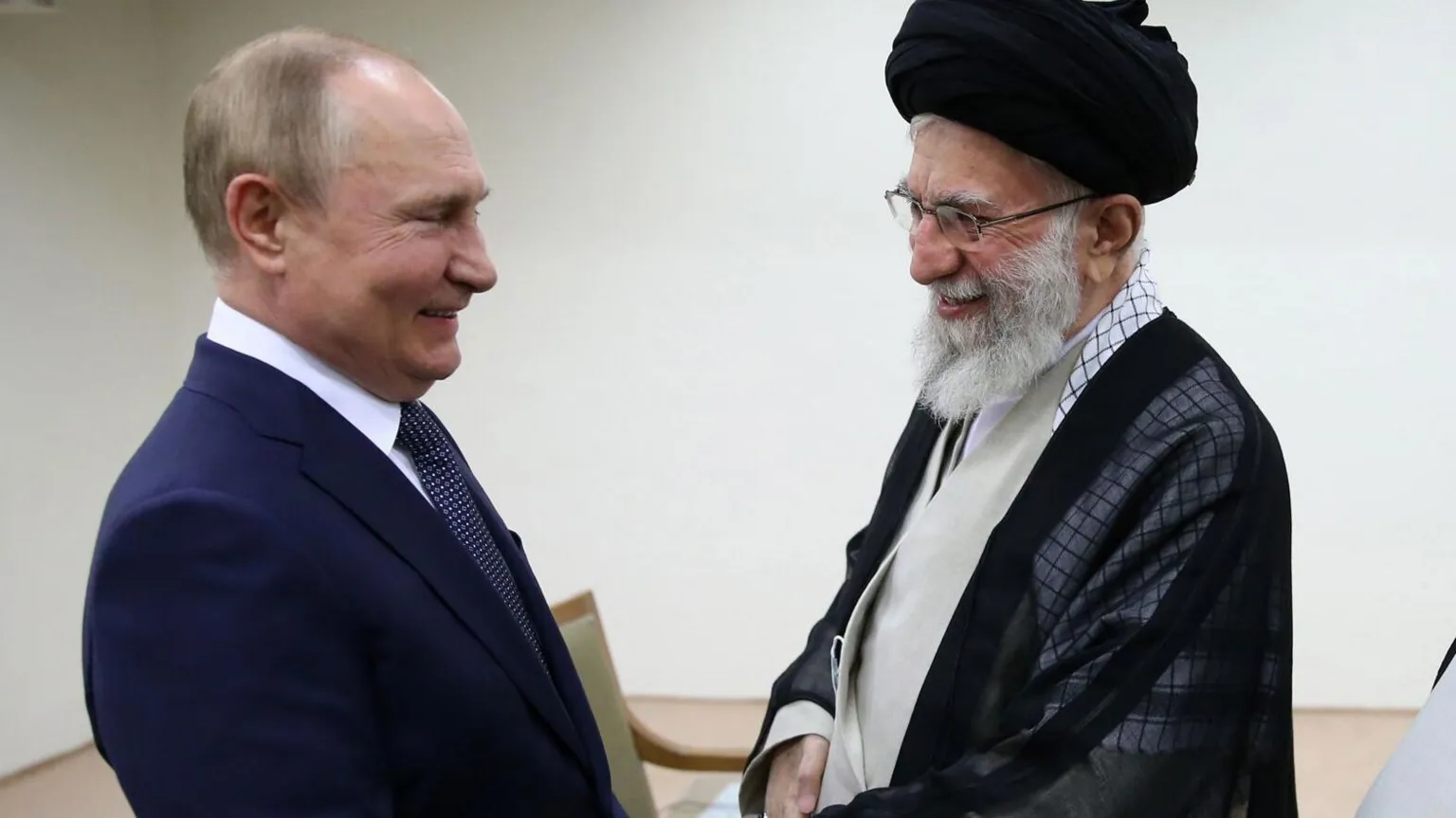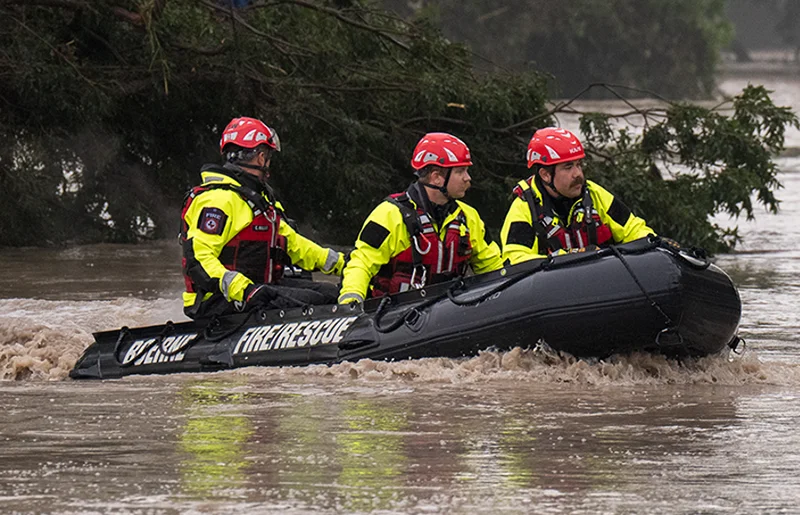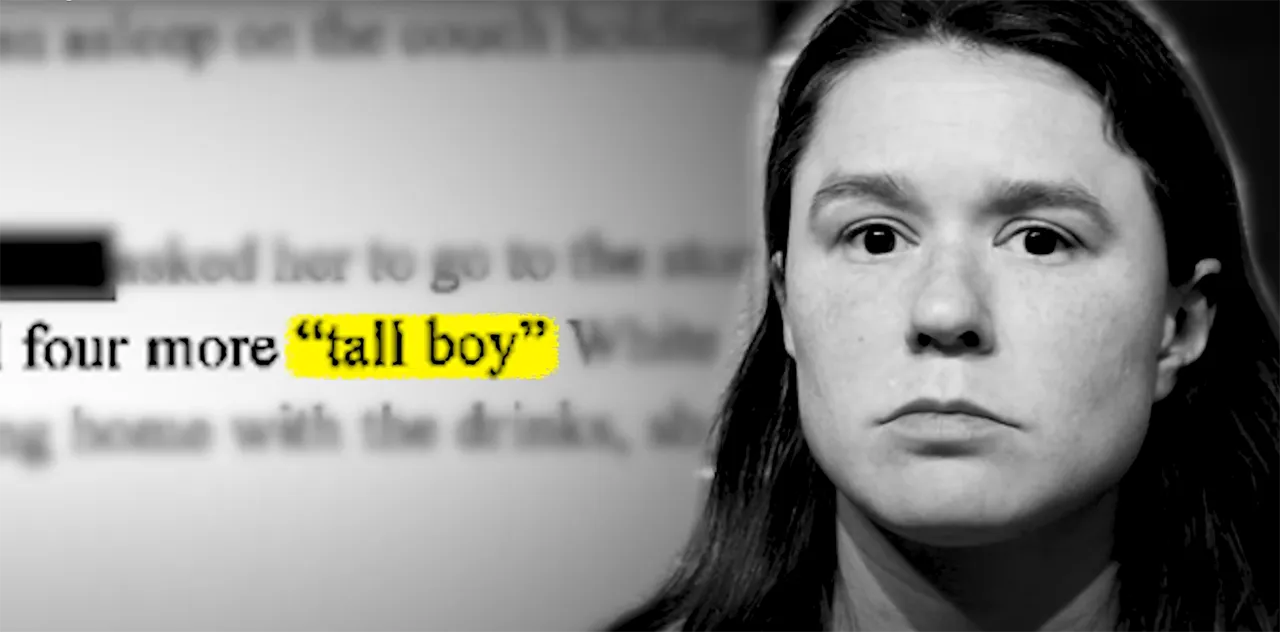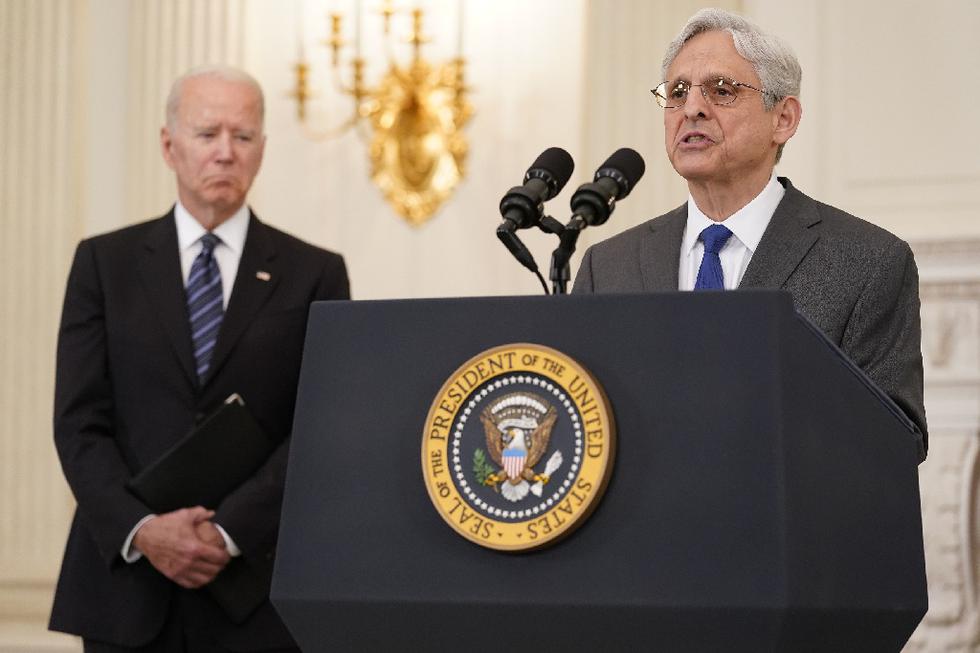From Ally to Liability? Russia Faces Strategic Setback Amid Escalating Iran-Israel Conflict

Russia Weighs Strategic Losses as Middle East Tensions Undermine Its Position
As Israel’s “Operation Rising Lion” intensifies across the region, Moscow is increasingly concerned that it may face another strategic setback in the Middle East—this time in Iran.
Russian officials have labeled the rapidly evolving conflict “alarming” and “dangerous,” but state-affiliated media initially pointed to potential upsides for the Kremlin. Among the perceived advantages: a projected spike in global oil prices, which could bolster Russia’s economy, and a shift in international focus away from the war in Ukraine. One Russian tabloid, Moskovsky Komsomolets, ran the headline, “Kyiv Has Been Forgotten,” underscoring this sentiment.
There was also speculation that Russia’s offer to mediate in the conflict might help project the image of Moscow as a diplomatic heavyweight in the region—despite its role in fueling war elsewhere.
Yet the longer the Israeli military operation continues, the clearer it becomes that Russia has more to lose than gain.
“The escalation of the conflict carries serious risks and potential costs for Moscow,” noted political analyst Andrei Kortunov in the Kommersant business daily on Monday.
Kortunov emphasized that Russia was unable to prevent a large-scale Israeli offensive against Iran, despite having signed a comprehensive strategic partnership with Tehran just five months ago.
“Clearly, Moscow is not prepared to go beyond issuing political condemnations. It’s not ready to provide military assistance to Iran,” he wrote.
The partnership agreement between Russian President Vladimir Putin and Iranian President Masoud Pezeshkian, signed earlier this year, is not a formal military alliance. It does not bind Russia to defend Iran militarily. Nonetheless, Russian officials, including Foreign Minister Sergei Lavrov, have previously promoted the pact as a sign of closer defense coordination and shared interests in regional stability.
Adding to Moscow’s concerns is the memory of a recent geopolitical loss. In December, Syrian President Bashar al-Assad—long a key Russian ally—was ousted from power. He later accepted asylum in Russia. The potential for a similar regime change in Iran now looms large, posing another possible blow to Russia’s influence in the Middle East.
On Tuesday, Moskovsky Komsomolets summed up the stakes bluntly:
“Massive changes are unfolding in real time on the global stage, and they will impact life in our country—whether directly or indirectly.”
Meanwhile, President Putin is in St. Petersburg this week for the annual International Economic Forum. Once dubbed “Russia’s Davos,” the event has lost its Western corporate sheen in recent years, especially since the 2022 invasion of Ukraine. Still, organizers claim over 140 countries and territories are represented this year.
Though marketed as an economic summit, geopolitics will no doubt be front and center. Observers are closely watching for any remarks Putin might make on the Middle East crisis—or the continuing war in Ukraine—as Moscow navigates an increasingly complex and volatile global landscape.
US + World News Headlines

“Inseminated Persons?” Riley Gaines Torches Governor’s ‘Woke War on Women’ in Fiery Speech

Heroes in the Flood: Texas Survivors Brave Devastation to Save Others as Search Continues

White Claw Murder Case Update: Oklahoma Mom Faces Judge as Disturbing New Details Emerge



